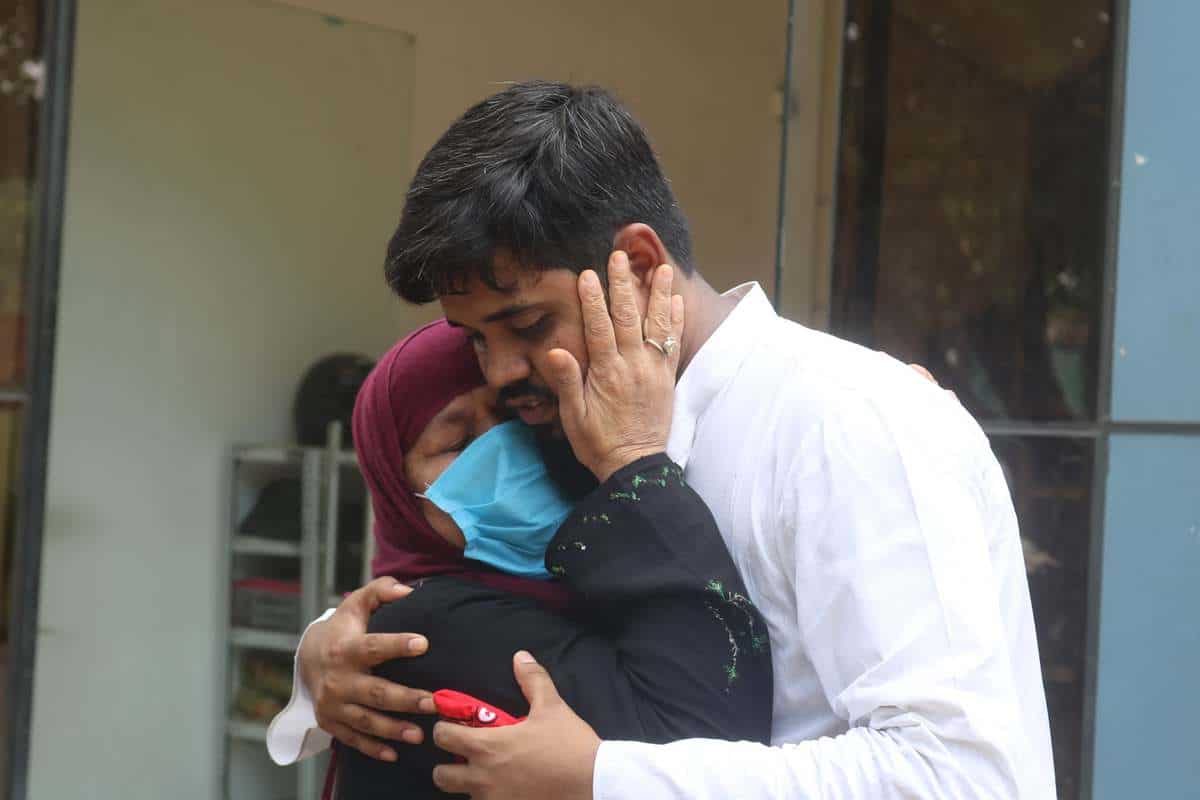
New Delhi: The Delhi High Court Monday said it will hear on August 2 a petition filed by northeast Delhi riots accused Asif Iqbal Tanha against the alleged leak of his “disclosure statement” in a case pertaining to the larger conspiracy behind the communal violence that took place here in 2020.
Justice Dinesh Kumar Sharma listed the plea for consideration in August after the counsel for the petitioner said the pleadings in the matter have been completed.
The matter was listed before Justice Dinesh Kumar Sharma today after Justices Anup Jairam Bhambhani and Amit Sharma recused themselves from hearing the petition.
On April 12, Justice Bhambhani recused himself from hearing the matter, saying a court’s act should never have a deleterious impact on the justice system’s credibility.
Justice Bhambhani had earlier expressed his reservations about hearing the matter after News Broadcasters and Digital Association (NBDA), with which he had had a “past association”, filed an intervention application in the case.
He had said the court’s view must yield in favour of preserving the system’s credibility, which is derived not just from “fairness in fact”, but also from “fairness in perception”.
Thereafter, the matter was listed before Justice Amit Sharma, who also recused himself from hearing the plea.
Advocate Sowjhanya Shankaran, representing Tanha, told the court the intervention applications filed by News Broadcasters Federation (NBF) and News Broadcasters and Digital Association (NBDA) are pending for disposal.
Tanha had moved the high court in 2020 against certain media houses disseminating his alleged admission of guilt before even cognisance was taken by the trial court.
In his petition, Tanha has said he was aggrieved by various publications reporting that he has confessed to orchestrating the 2020 northeast Delhi riots and alleged that he was coerced to sign certain papers in the effective custody of police.
He has contended that the action of two media houses of placing contents from the charge sheet in the public domain has violated the programme code.
Tanha, who was arrested in May 2020, was released from jail in June 2021 after the high court granted him bail in the riots case involving larger conspiracy.
In its status report filed in the case, the police has said while the inquiry could not establish how the details of the investigation were shared with the media, no prejudice was caused to Tanha in his exercise of right to a free and fair trial.
Tanha’s counsel had earlier argued before the high court that the internal inquiry conducted by the police into the leak was an “eyewash”.
He had objected to the “intervention” by the NBDA in the matter on ground that the association, which was “not interested” in the issue of broadcast of the alleged disclosure statement when a complaint was made to it, had now filed the intervention application.
The NBDA had sought to intervene on the ground that the petition prayed for registration of FIRs against journalists, and asserting that it was a well-recognised body, it wanted to assist the court in the matter.
Tanha’s lawyer had asserted there can be no intervention by a third person in a criminal matter and urged the court to consider the fact that the application came to be filed only when the petition, which was initially filed in 2020, travelled through six judges to reach before this court for adjudication.
He had also argued that the application for intervention was an “attempt to overreach the institution” after Justice Bhambhani suggested sending the plea to another judge on account of his past association with the NBDA.
The NBDA’s counsel had said the association was not seeking the recusal of the judge, but only intervention.
Delhi Police counsel had said the present case was not a “criminal matter as such” and the media organisations have a legitimate interest in its outcome.
He had said the issue of recusal pertained to the judge’s “conscience” and nobody had to persuade him on that issue as there was no application for recusal from any party.
